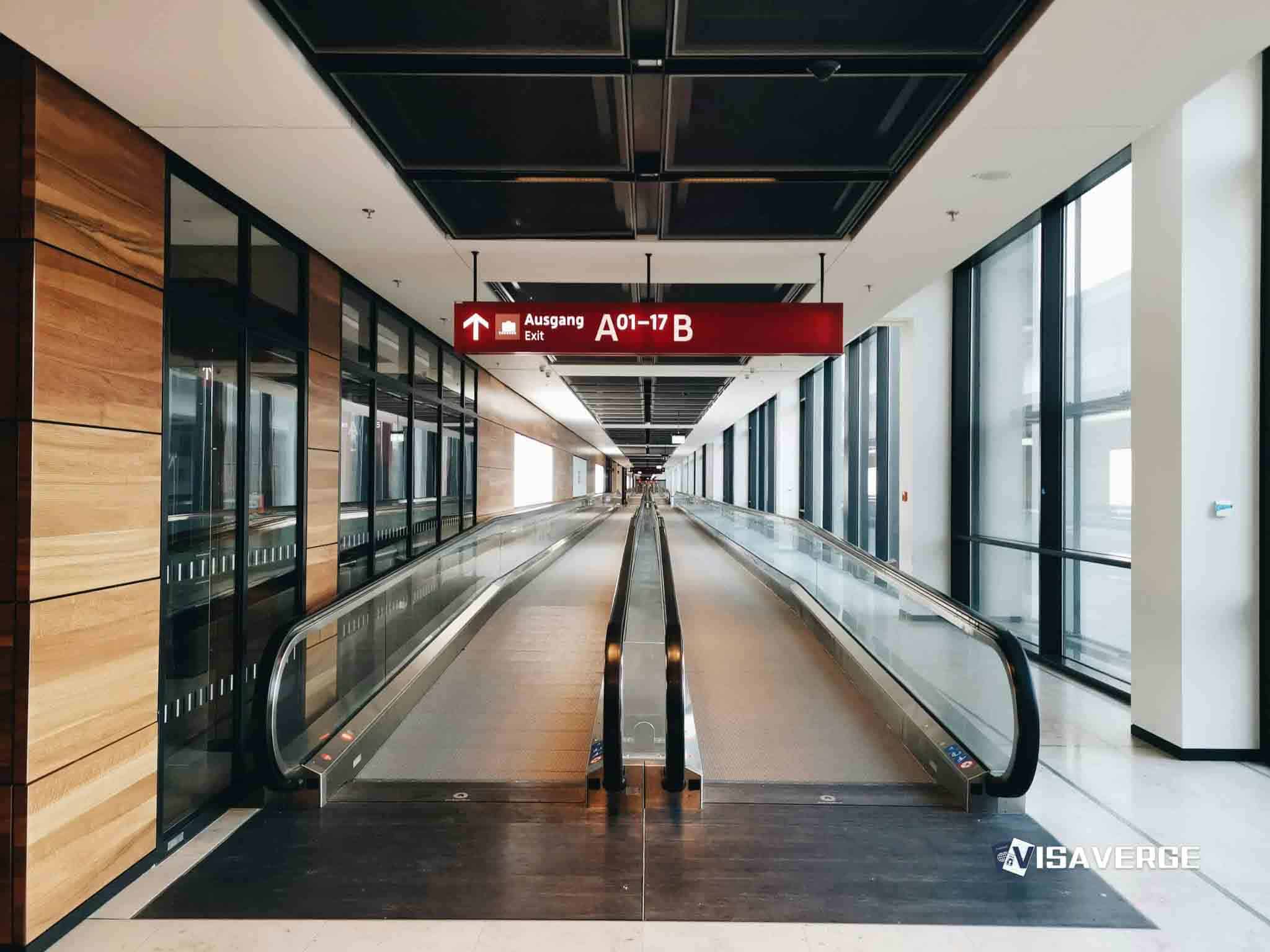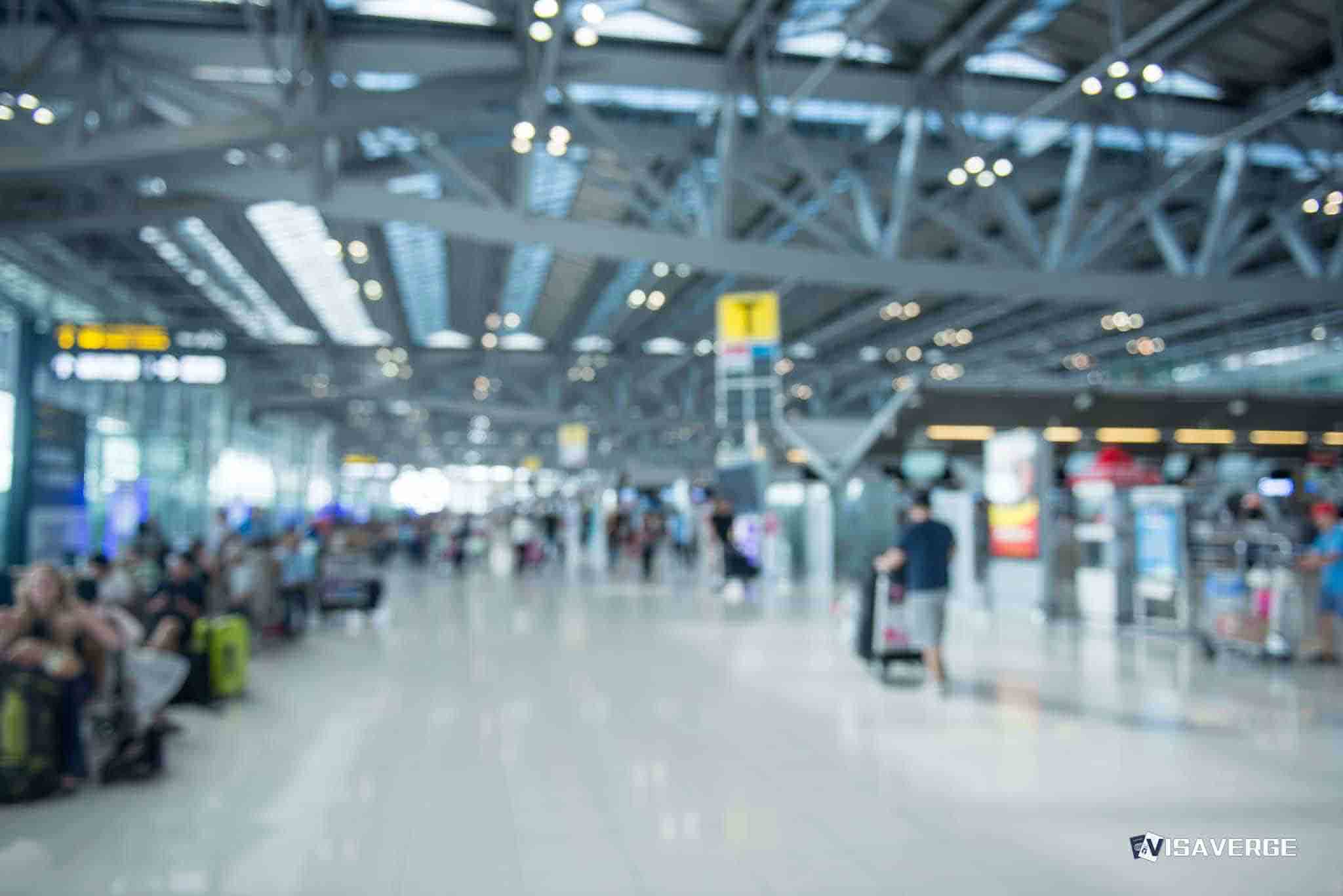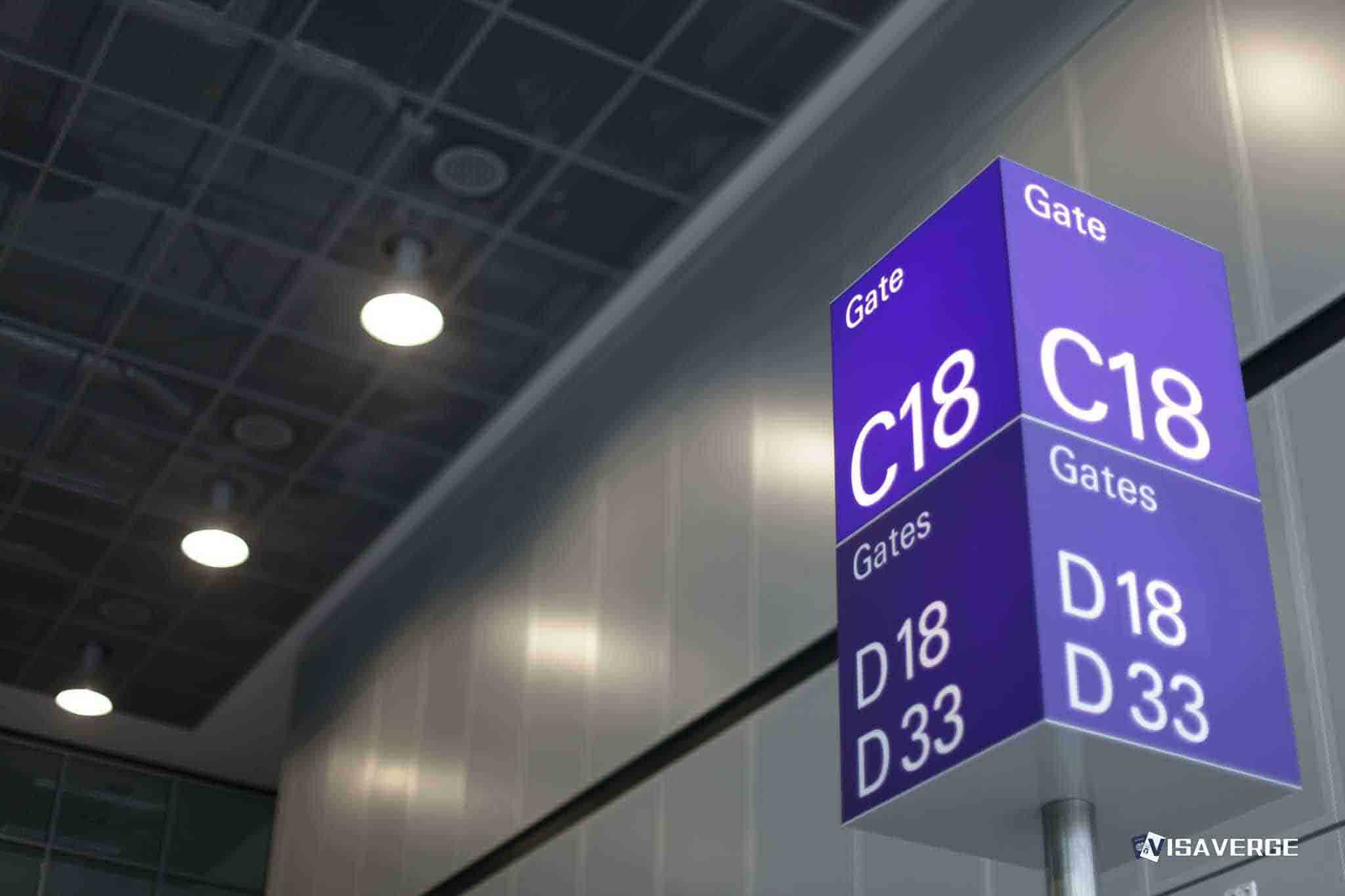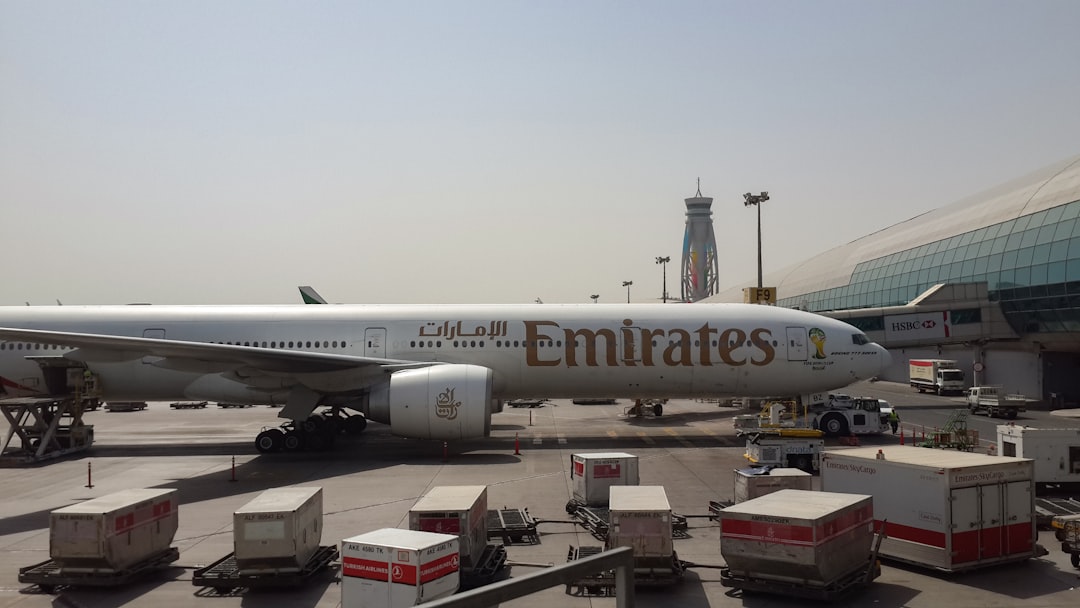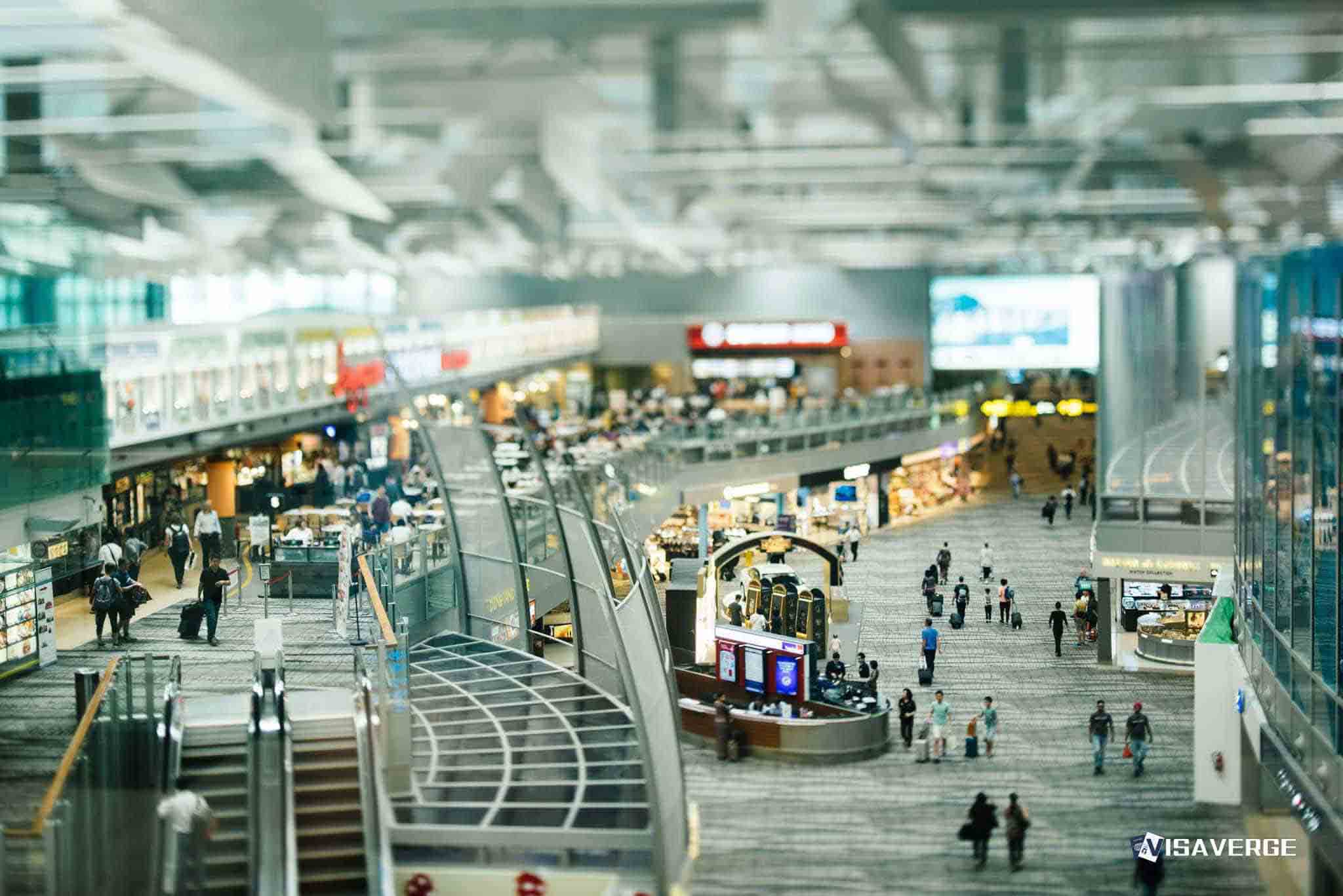(EVANSTON) Two priests who serve the poor at Lake Street Church in Evanston face possible deportation amid a fresh surge in immigration enforcement, parish leaders say, prompting the congregation to reaffirm its sanctuary role and prepare shelter for immigrants fearful of arrest by ICE.
Church officials say anxiety has spread through the parish as federal actions expand in the Chicago area and across the country under President Trump’s enforcement push. Church members describe missed shifts at work, quieter pews on Sundays, and families avoiding public spaces because they fear being stopped and detained.
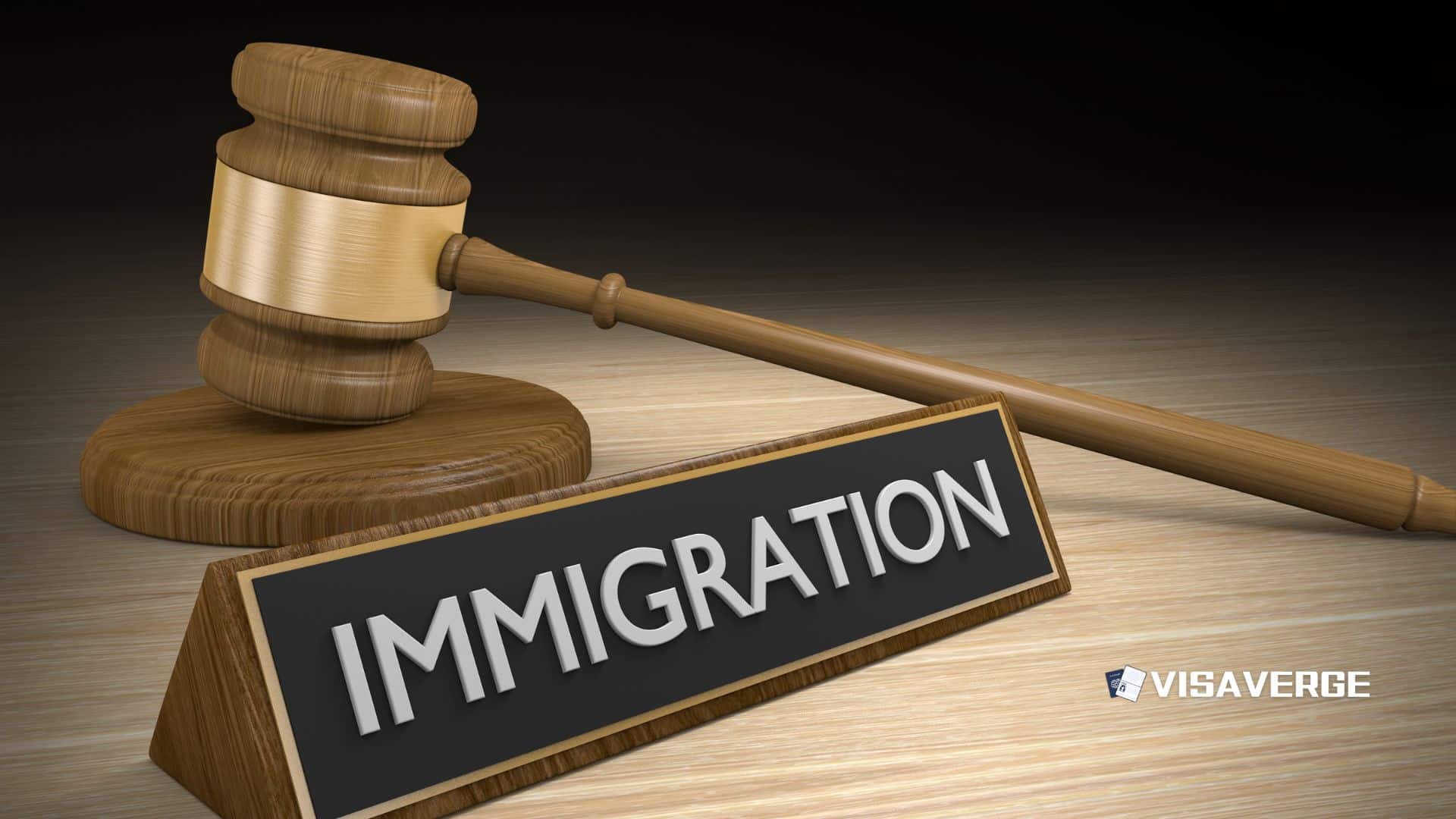
The two priests at the center of the case have ministered to low‑income residents and newly arrived migrants; their potential removal highlights how increased enforcement reaches even faith leaders with strong community ties and no criminal records.
Church reaffirms sanctuary role amid rising enforcement
In early 2025, senior pastor Rev. Michael Woolf announced that Lake Street Church renewed its status as a sanctuary congregation, offering refuge to immigrants at risk of deportation. The Evanston church has a long history of social justice work dating back to the 1980s and has maintained sanctuary commitments for more than a decade.
Leaders say the church will provide:
– A safe place to stay for those fearing arrest
– Pastoral care and emotional support
– Links to legal help, including referrals to immigration attorneys
Faith leaders in other cities report similar pressures. Pastors in Southern California and Florida say they are spending more time on emergency planning, legal coordination, and material aid for families facing separation. Parish budgets are stretched: requests for rent support, food, and transportation are increasing while donations dip as congregants keep a low profile.
Local advocates add that even immigrants with pending cases or valid documents are limiting travel to work or school out of fear of being questioned. This broader chill has hit communities like Evanston, where many immigrants rely on churches for connection, childcare, and social services.
Key stakeholders in this unfolding situation include:
– Rev. Michael Woolf — coordinating sanctuary efforts and community support at Lake Street Church
– ICE — leading arrests and removals in Chicago and nationwide under stepped-up enforcement
– DHS — stating that “no safe spaces exist” for undocumented immigrants and promoting voluntary departure offers
– Faith leaders nationwide — providing pastoral care, legal referrals, and emergency aid
– Archbishop Thomas G. Wenski of Miami — criticizing harsh detention conditions and urging reform over mass deportations
Policy context and what it means for immigrant clergy
Enforcement actions by ICE are civil proceedings that can lead to detention and removal. Arrests often begin with routine stops, home visits, or worksite checks. For those detained, cases move into immigration court and outcomes can include:
1. Voluntary departure
2. Removal orders
3. Potential relief if the person qualifies under existing law
According to church leaders and attorneys who assist congregations, the current spike in operations has widened the pool of people who feel at risk — including clergy.
Sanctuary remains a moral and humanitarian stance, not a legal shield. Churches provide temporary shelter and support, but federal officers can still conduct enforcement actions.
Most faith institutions say they will not assist with ICE operations on their property. Instead they will:
– Help families make safety plans
– Find legal help and referrals
– Assist with document organization
DHS has encouraged some noncitizens to consider voluntary departure, which it says may come with incentives such as $1,000 and a free flight home. Legal advocates warn that accepting or refusing an offer can carry future consequences for reentry, and decisions should be made with legal counsel.
For official information on immigration enforcement and removal, readers can consult ICE’s site at https://www.ice.gov/.
Legislative developments: the Religious Workforce Protection Act
One pending proposal could be pivotal for immigrant clergy. The Religious Workforce Protection Act, introduced in 2025, aims to protect foreign-born religious workers from deportation and help churches retain essential clergy.
- If enacted, it could provide a path for priests like those in Evanston to remain and continue serving.
- The bill is pending as of August 2025, and its fate is uncertain.
- VisaVerge.com reports the measure would shore up legal status for ministers and religious workers vital to congregations serving immigrants and the poor.
Lake Street Church’s leaders say they will continue organizing with partners who offer legal aid, counseling, and emergency funds. They are also preparing volunteers to host families who need short-term shelter.
Community impact and daily life changes
Pastors point to the emotional toll on families:
– Children worry about parents being taken away.
– Caregivers fear routine outings like school drop-offs or grocery trips could lead to detention.
– Daily life shifts include missed doctor visits, skipped classes, and fewer trips to community events.
Volunteers at Lake Street Church are coordinating with immigration-law groups and preparing for potential long nights of phone calls if congregants are detained.
While sanctuary efforts grow, clergy disagree on policy:
– Archbishop Thomas G. Wenski and others urge humane reforms instead of mass removals, citing harsh detention conditions and family separation.
– Supporters of tougher enforcement argue that arrests uphold immigration laws and deter violations.
Practical steps for families and clergy facing immediate risks
Church leaders and advocates suggest the following actions:
1. Keep copies of identification and immigration documents in a secure place.
2. Create a family plan for childcare and emergency contacts.
3. Seek a legal screening to review possible relief and timelines.
4. Stay in touch with trusted community groups that can mobilize quickly.
Outlook for Evanston and beyond
The situation in Evanston remains fluid. Church leaders expect more parishioners to ask for help if enforcement continues at its current pace. Some immigrants may move to different neighborhoods or out of state; others will lean more heavily on church networks.
As the Religious Workforce Protection Act moves through Congress, ministers in Evanston and elsewhere will watch closely. For now, Lake Street Church is doubling down on sanctuary — saying its doors will stay open to those who fear arrest, including the two priests who have served the city’s most vulnerable residents.
This Article in a Nutshell
Lake Street Church in Evanston renewed sanctuary in early 2025 as ICE enforcement surged, protecting immigrants and clergy. Two priests now face possible deportation, highlighting enforcement reach into faith communities. The church offers shelter, legal referrals, and pastoral care while organizing volunteers, safety plans, and advocacy for legislative protection for religious workers.


